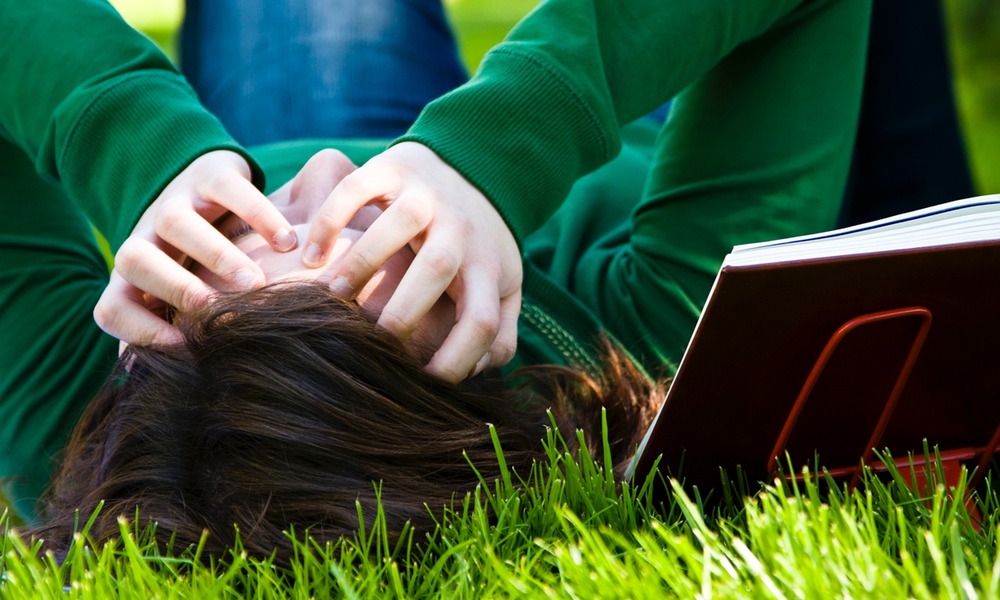Many college campuses are re-opening after being closed during the ongoing COVID-19 pandemic. All are hoping and many are requiring that students and staff be vaccinated. And though this means the likelihood of developing a severe respiratory infection from the SARS-CoV-2 virus in all its variants is less likely, the stress of the lockdown and recurring outbreaks — as well as the disruption to their academic lives — has taken a toll on students.
To get a clearer picture of the mental health of their students, social scientists and residential life professionals at the Ohio State University undertook a return-to-campus survey about students’ mental health; their findings were concerning.
Anxiety among the over 1,000 students college students who responded to the survey was up from 39 percent of respondents in August 2020 to 42.6 percent in April 2021. Similarly, rates of depression rose to 28.3 percent during the same window, up from 24.1 percent.
Burnout, the result of prolonged response to chronic life stressors, was identified in 71 percent of students, 30 percent higher than at the start of the 2020 school year.Students need to know it's important to make self-care and mental well-being a priority when they return to campus.
At the same time, several less-than-healthy coping mechanisms increased among the OSU survey respondents. Self-identified consumption of unhealthy foods rose, from 25 percent to 29 percent, alcohol use went from 15.5 percent to 18 percent; vaping nicotine was up slightly, from 6 percent to 8 percent. The number of students reporting an increase in physical activity dropped to 28 percent from 35 percent.
One good sign was that the number of students seeing a mental health counselor nearly doubled to 22 percent from 13 percent. “It's actually a strength to recognize when you need mental health help; it's not a weakness,” lead researcher, Bernadette Melnyk, vice president for health promotion, chief wellness officer and dean of the College of Nursing at Ohio State, said in a statement. She wants students to know that they need to make self-care and mental well-being a priority when they return to campus.
Ohio State researchers used the survey data to create a mental health checklist for students to help them build the tools they will need to thrive for the rest of their college years and beyond. It contains five simple principles:
- Establish healthy habits - Find the tools that work to keep your stress to a minimum for your life and schedule. Try scheduling an activity, mindfulness and healthy eating into your day like you would other tasks.
- Build resilience and coping skills - Behavioral skills like deep breathing techniques, gratitude practices and challenging negative thoughts with positive ones can prevent anxiety from building.
- Identify local support resources - Know your community’s mental health and primary care resources so you can easily turn to them when in need.
- Develop support systems - Take the opportunity at the start of the school year to get involved in campus life, connect with peers and make new friends who can support, distract and uplift you during tough times.
- Don’t hesitate to reach out - If your emotions or symptoms of anxiety or depression are affecting your ability to concentrate or connect with others, visit your school's counseling center or look into online resources.
It can be hard to reach out when you need help, especially if anxiety and depression are already affecting your thoughts and self-esteem, but getting support is critical for overcoming mental health problems. It speeds recovery.
These tools are not only great for college students, but for anyone re-entering the workforce or resuming their pre-pandemic routines. Try integrating them into your daily life before your fall schedule picks up so that they’re second nature to you by the time things get hectic.
More information about this study is available here.





